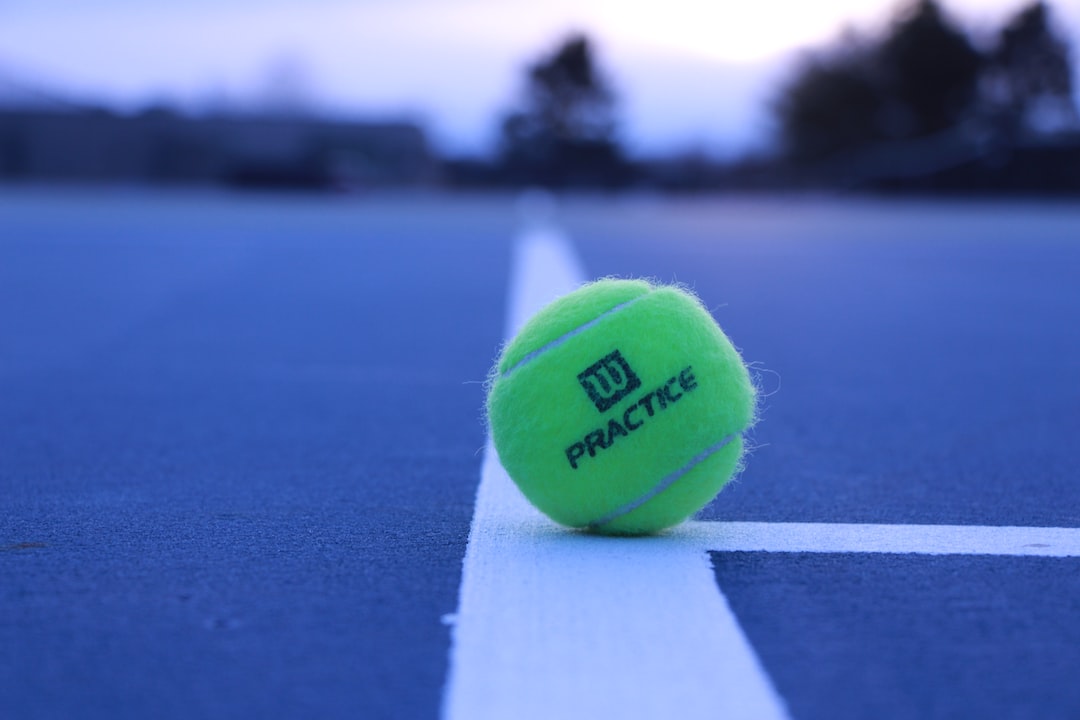
The Best Nutritional Foods for Performance and Recovery in Sports
Share0In order to perform at your best in sports, you need to fuel your body with the right nutrients. Eating a well-balanced diet that is comprised of a variety of nutrient-dense foods can help you maximize your athletic performance and support your body’s recovery after exercise. In this blog post, we’re going to explore some of the best nutritional foods for performance and recovery in sports.
Protein
Protein is an essential macronutrient that plays a crucial role in muscle growth, recovery, and repair. Athletes are recommended to consume 1.2-1.7 grams of protein per kilogram of body weight each day, depending on the intensity of their sport and their training regime.
Some of the best sources of protein for performance and recovery include lean meats, such as chicken, turkey, and fish, as well as eggs, Greek yogurt, and cottage cheese. Vegetarian and vegan athletes can opt for plant-based protein sources such as beans, lentils, quinoa, and tofu.
Carbohydrates
Carbohydrates are the primary energy source for the body during exercise, and they are essential for high-intensity workouts and endurance activities. Athletes should aim to consume around 3-5 grams of carbohydrates per kilogram of body weight each day.
Some of the best sources of carbohydrates for performance and recovery include complex carbohydrates such as brown rice, sweet potatoes, oats, and whole-grain bread. Fruit is also an excellent source of carbohydrates, as it contains natural sugars that can provide quick energy during exercise.
Fats
Contrary to popular belief, fats are an essential nutrient for athletes. Healthy fats help to promote brain function, hormone balance, and recovery. Athletes should aim to get around 20-35% of their total daily calories from healthy fats.
Some of the best sources of healthy fats for athletic performance and recovery include nuts, seeds, avocado, olive oil, and fatty fish. It’s important to choose healthy fats over trans fats and saturated fats, which can increase inflammation and oxidative stress in the body.
Hydration
Water is an essential nutrient that is often overlooked in sports nutrition. Staying hydrated is crucial for regulating body temperature, maintaining electrolyte balance, and optimizing athletic performance.
Athletes should aim to drink at least 8-10 cups of water per day, and more if they are engaging in intense exercise or hot, humid conditions. Electrolyte-rich beverages, such as coconut water or sports drinks, can also help to replenish electrolytes lost through sweat.
Nutrient Timing
In addition to eating a well-balanced diet, timing your nutrient intake can also help to enhance athletic performance and recovery. For example, consuming a meal containing carbohydrates and protein within 30 minutes of exercise can help to promote muscle recovery and glycogen replenishment.
Athletes can also benefit from consuming a carbohydrate-rich snack or beverage during prolonged endurance exercise to help sustain energy levels. Additionally, consuming a protein-rich meal or snack before bed can help to support overnight muscle recovery and repair.
Overall, a balanced diet that includes a variety of nutrient-dense foods can help to optimize athletic performance and recovery. By focusing on consuming lean protein, complex carbohydrates, healthy fats, and staying hydrated, athletes can fuel their bodies for optimal performance and recovery. Additionally, timing nutrient intake can help to enhance the effects of nutrition on athletic performance and recovery.
